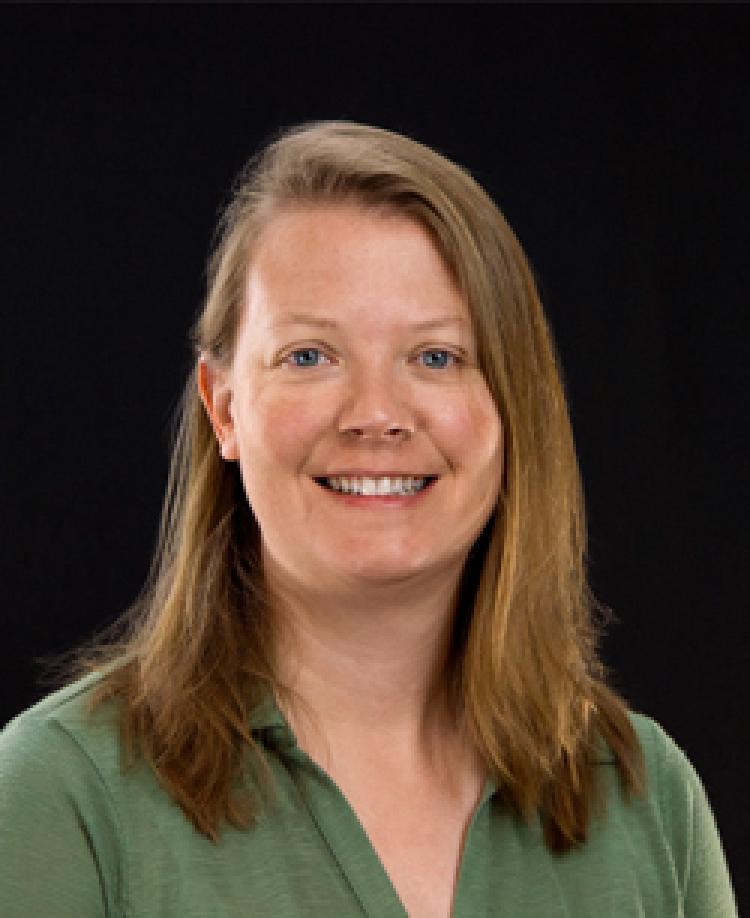Scientists, educators honored for excellence in science education
In both the classroom and the lab, the University of Colorado Boulder is a great place to learn physics and other natural sciences, according to the American Physical Society (APS).
The APS, a nonprofit group calling itself “the leading voices in physics,” today announced its spring 2019 awards, and CU Boulder scientists have earned two of those prizes.
Heather Lewandowski, CU Boulder associate professor of physics, has won the Jonathan F. Reichert and Barbara Wolff-Reichert Award for Excellence in Advanced Laboratory Instruction. Additionally, an interdisciplinary team of scientists and educators has won the Excellence in Physics Education Award for their work with the Colorado Learning Assistant (LA) Program and the Learning Assistance Alliance, an international initiative based in the School of Education.

Heather Lewandowski
The APS recognized Lewandowsky for “systematic and scholarly transformation of advanced laboratories in physics, for building leading assessment tools of laboratories, and for national service advancing our advanced laboratory educational community.”
John Cumalat, chair of CU Boulder’s Department of Physics, said Lewandowski’s award was well-deserved:
“In a department dedicated to and known internationally for its educational impacts, Professor Lewandowski is the most dedicated and effective instructor in our advanced laboratories,” Cumalat wrote. “She has positively impacted the lives of hundreds of students taking these labs and dozens of instructors teaching in these environments. We are grateful for her work and proud to have her as a member of our faculty.”
Lewandowski herself emphasized that the award reflects a group effort: “This award recognizes the creative work of a team of talented postdoc researchers over the last seven years,” she said.
The APS also honored a team of scholars for the development of the LA model, derived from the Learning Assistant Program, and the associated Learning Assistant Alliance, “which has enhanced physics teacher education and recruitment, supported undergraduate course transformation, and physics-instructor professional development.”
That CU Boulder team includes Valerie Otero, professor of education; Steve Pollock, professor of physics; Dick McCray, professor emeritus of astrophysical and planetary sciences; and Laurie Langdon, co-director of the LA Program. Also recognized is Steve Iona, teaching professor of physics at the University of Denver.

Left to right: Valerie Otero, Steven Pollock, Dick McCray, Laurie Langdon and Steve Iona.
By employing undergraduate students as teaching coaches, the LA program aims both to improve introductory math and science classes and recruit and train future K-12 science and math teachers.
In 2001, McCray and Otero collaborated to launch the Learning Assistant teaching model as an attempt to improve science-education outcomes. The LA model is an opt-in program that offersresources and structuresthat lead to changes in values and practices among faculty, departments, students and the institution itself, according to a program history.
Central to the program are undergraduate LAs, who encourage active student engagement in the classroom. LAs facilitate group discussions in the classroom, guide students on how to navigate and manage material in a course, provide feedback to students as they develop projects or presentations, offer study tips and help motivate students to succeed.
LAs receive guidance through weekly preparation sessions with the course instructors as well as pedagogy courses taught by discipline-based educators.
Pollock, who was named a 2013 U.S. Professor of the Year by the Carnegie Foundation for the Advancement of Teaching and the Council for Advancement and Support of Education,said he feels “particularly honored to be included” among those being recognized.
He said LAs at CU Boulder directly benefit thousands of CU physics students every year in multiple courses.
“LAs have had (and continue to have) a huge positive impact not just on themselves and the students in their classes, but on the faculty, who work with them as well (including me). Indeed, my own entry into the field of Physics Education Research in the early 2000s was strongly influenced by those initial efforts and data collection and course development that revolved around working with and for the LA program.”
Cumalat added that CU physics has long been “the national leader in STEM innovation.”
The LA Alliance’s 2018 International LA Workshop, an annual event, is scheduled in Boulder Nov. 3-5, Otero noted, adding that the event is drawing colleagues from 47 universities including Stanford in North America and many universities worldwide.
At the top of page, Cassandra Ly is shown in 2009 working with students as an LA in a first-year chemistry class. Ly has since become a middle-school science teacher and STEM coordinator in the Washington, D.C., area. CU Boulder file photo by Glenn Asakawa.

